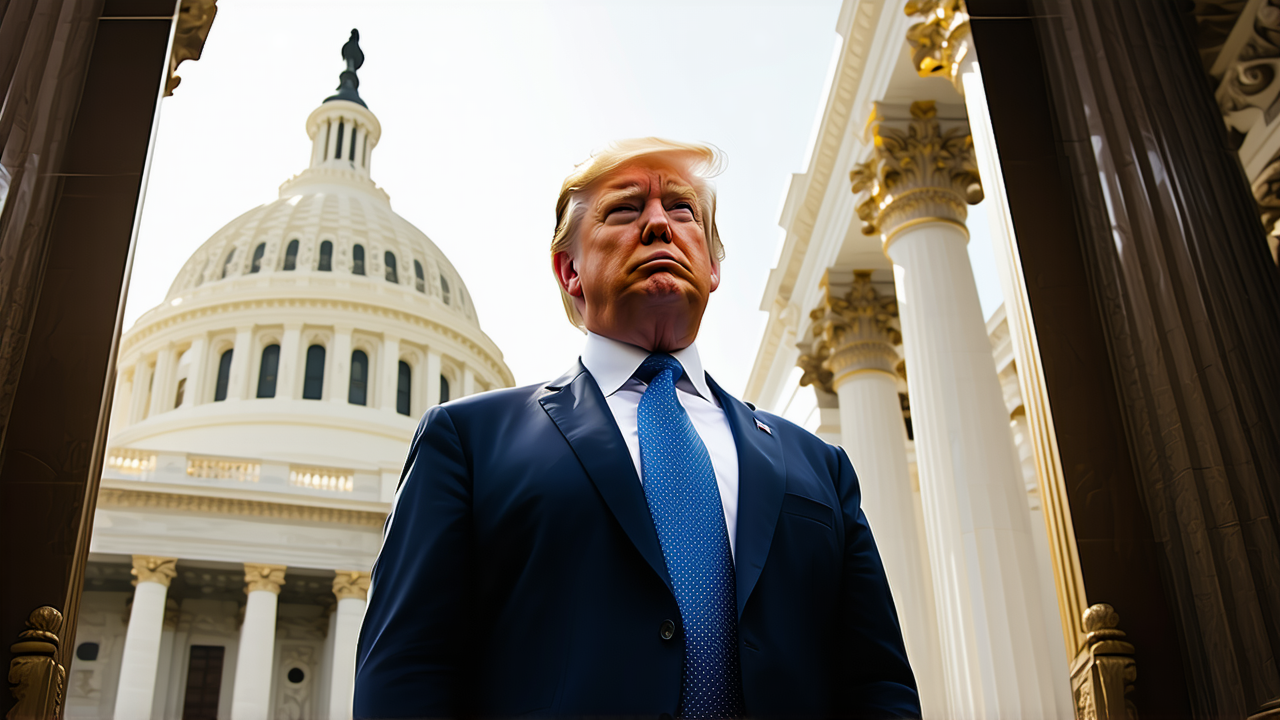Donald Trump's Overt Attack on the Foundations of the US Economy
Donald Trump's Overt Attack on the Foundations of the US Economy
In a move that has sent shockwaves through both domestic and international economic circles, former U.S. President Donald Trump is being accused of leading an increasingly overt campaign to undermine and discredit the institutions that form the backbone of the American economy. This comes at a time when the U.S. economy, long seen as a global leader, is showing signs of strain under the weight of policies that have been described as erratic and politically motivated.
Recent labor force data has raised concerns among economists and policymakers worldwide. The numbers, which showed a significant drop in job creation — only 73,000 new jobs in July compared to an expectation of over 100,000 — were met with a chill in global markets. This was further compounded by downward revisions to earlier months' figures, with a notable decline in the foreign-born labor force since Trump took office. These data points have sparked questions about the long-term viability of the current economic trajectory, especially as they contradict the administration's claims of an ongoing economic renaissance.
Trump's response to these figures has been both surprising and alarming. He immediately dismissed the data as “rigged,” accusing the Bureau of Labor Statistics (BLS) of manipulating numbers to favor the opposition. In a move that has been widely criticized, Trump fired Erika McEntarfer, the commissioner of the BLS, over the reported job numbers. This unprecedented action has raised concerns about the politicization of economic data and the potential erosion of public trust in the integrity of such institutions.
Trump's actions have not been limited to the BLS. His relentless criticism of the Federal Reserve, particularly its chair, Jerome Powell, has further fueled speculation about the administration's intent to reshape the economic landscape. This has included calls for the Fed to cut interest rates and the appointment of a new BLS commissioner, signaling a broader strategy to influence economic institutions directly.
The implications of these moves are far-reaching. Economic analysts warn that the politicization of data and the weakening of independent institutions could have severe consequences for the stability of the U.S. economy. As seen in other countries where similar actions have been taken, the erosion of trust in economic data can lead to long-term economic instability and reduced investor confidence.
While the U.S. economy has thus far shown resilience in the face of these disruptions, many experts believe that this resilience may not last. The early signs of economic slowdown are becoming more pronounced, and if these trends continue, the consequences could be felt not only in the U.S. but across the global economy as well.
As the second term of Trump's presidency unfolds, the focus has shifted from the initial neglect of institutional roles to a more deliberate and overt campaign to reshape the economic landscape. Whether this will lead to long-term gains or further instability remains to be seen, but the actions taken so far have already sparked a global conversation about the role of institutions in maintaining economic integrity.
In a world where economic data is a cornerstone of policy and investment decisions, the credibility of such data is paramount. The current situation in the U.S. raises serious questions about the future of this credibility and the broader implications for economic governance globally.
